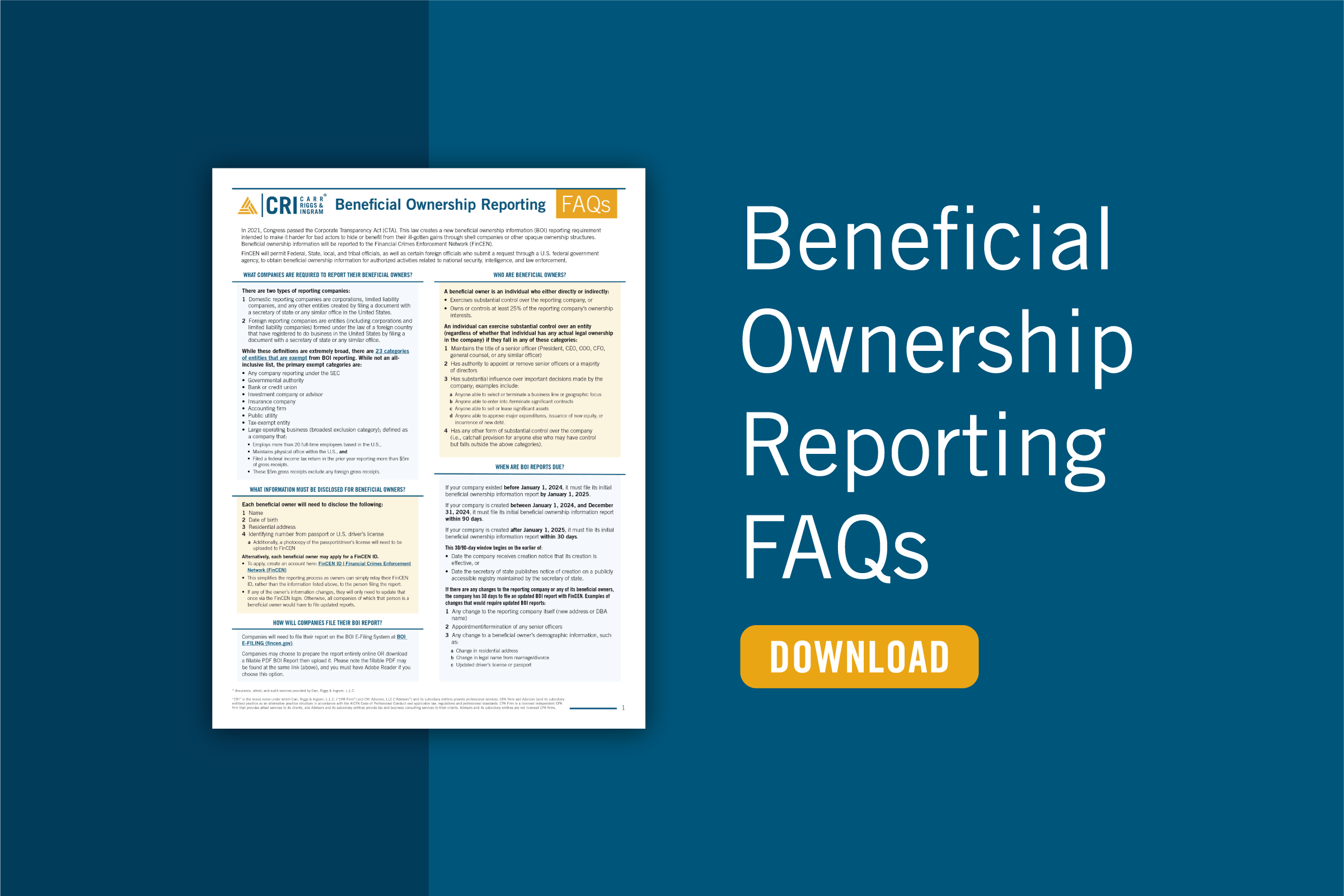Businesses Face Challenges When Expanding Their Remote Workforce
- Contributor
- Ann Marie Sale
Nov 4, 2020
In one way or another, the pandemic forced change upon almost every industry in America. Many of these changes were short lived, but others have become permanent fixtures in how American workers perform their jobs. Remote work is one of those changes that is likely to persist well into the future. While it can benefit businesses in innumerable ways — lowering overhead, boosting employee satisfaction, and reducing workplace liabilities, just to name a few — remote work presents its own set of challenges. These challenges are manageable, but only if business leaders are prepared.
Payroll Tax Challenges
Payroll sourcing rules might change based upon where the employee is performing work. There may be occasions where a remote employee chooses to work from another state, perhaps because they quarantined with family or temporarily moved to their vacation home. If that employee chooses to establish residency in the new state, the employer may need to adjust where they source those wages. The amount of payroll tax itself (Medicare and Social Security) will not change, but the employee could be subject to different state income tax withholding requirements. Bottom line: It’s important to track where employees are working and address payroll sourcing concerns with your advisor.
Income Tax Challenges
When organizations perform business operations from within a certain state, they can generate income tax “nexus” with that state and become responsible for that state’s tax filings.
To file an income tax return in a new jurisdiction, the business must apportion its business income to that state. Learning how to apportion income among the states in which the business operates can be tricky, since each state has its own method of apportionment. Some states apportion income based on the amount of sales the business made into the state, but others apportion income based on a combination of sales, property, and payroll. Be aware: In addition to the added complexity of filing in multiple states, if more payroll is sourced to states with high tax rates, the business may see an uptick in its overall tax liability. An accountant well versed in state and local tax law can help you collect and report the right information.
Sales Tax Challenges
Just as remote workers might generate nexus in a state for income tax purposes, they can also generate nexus for sales tax purposes. This means that businesses might be required to collect sales tax on sales they make into that state. The end consumer is responsible for paying the tax, but the business is responsible for collecting and remitting the tax. Sales tax laws are different in each state, and thanks to a recent landmark U.S. Supreme Court ruling, these rules are changing every day. Preparing the sales tax returns can be costly, and it’s important to make the remittances timely to avoid steep interest and penalties.
Non-Tax Challenges
Management should also consider non-tax challenges they will face when they allow employees to work remotely.
IT security
Employees need to have access to company-provided applications, software, intranets, and networks to perform their job duties, and working in a remote environment entails unique IT security risks.
Data privacy
If employees are handling sensitive or confidential information, the business is responsible for protecting that data, even if the employees are working remotely. IT will need to establish a strong virtual private network and teach employees how to safeguard that data.
Insurance
Business insurance may not cover at-home workers. Management must review their workers’ compensation package and tell employees how their workplace protections change when they work from home.
Record-keeping
Tracking employees’ location and time worked will be essential for payroll and income tax purposes.
Remote work does not work for every business, but if yours is considering it or would like to continue using it as the year progresses, it’s important to consider how your tax and non-tax liabilities will shift. If you have questions about your remote workforce, contact our CRI state and local tax advisors for help.










































































































































































































































































































































































































































































